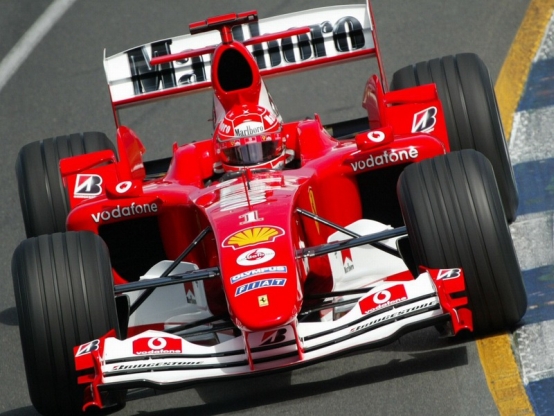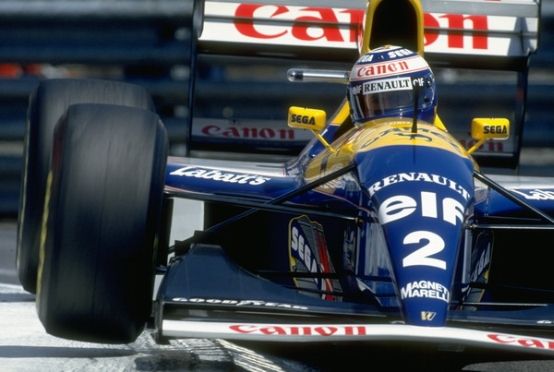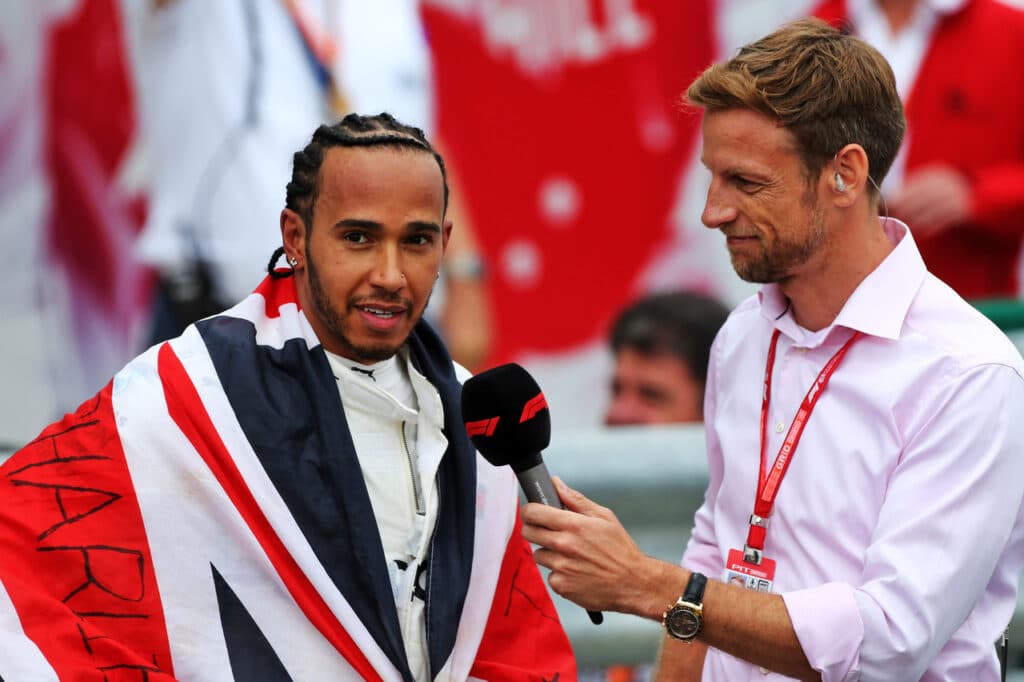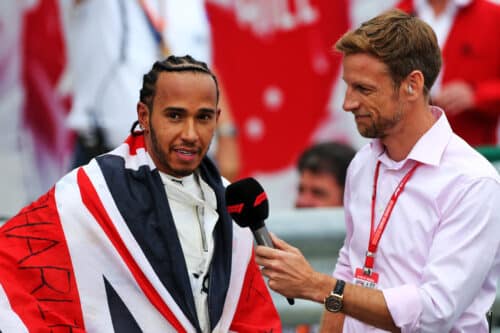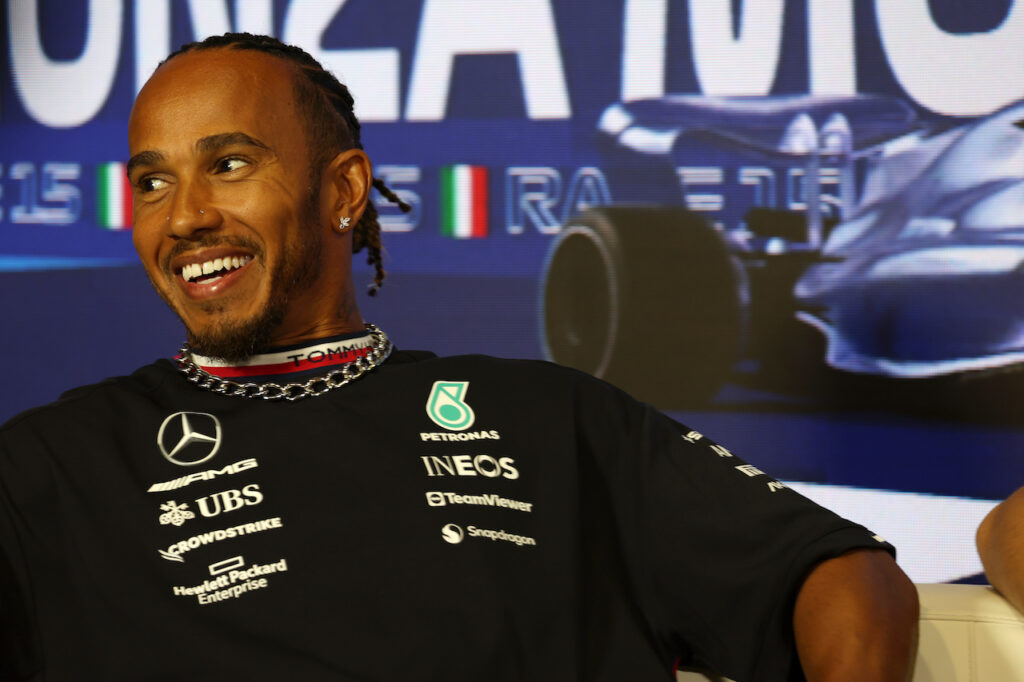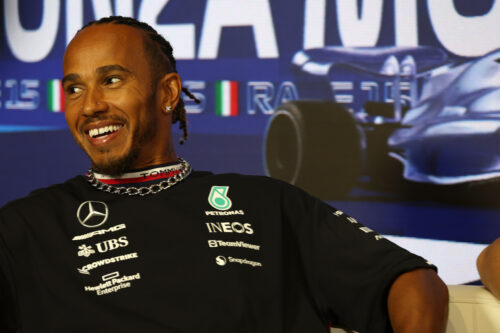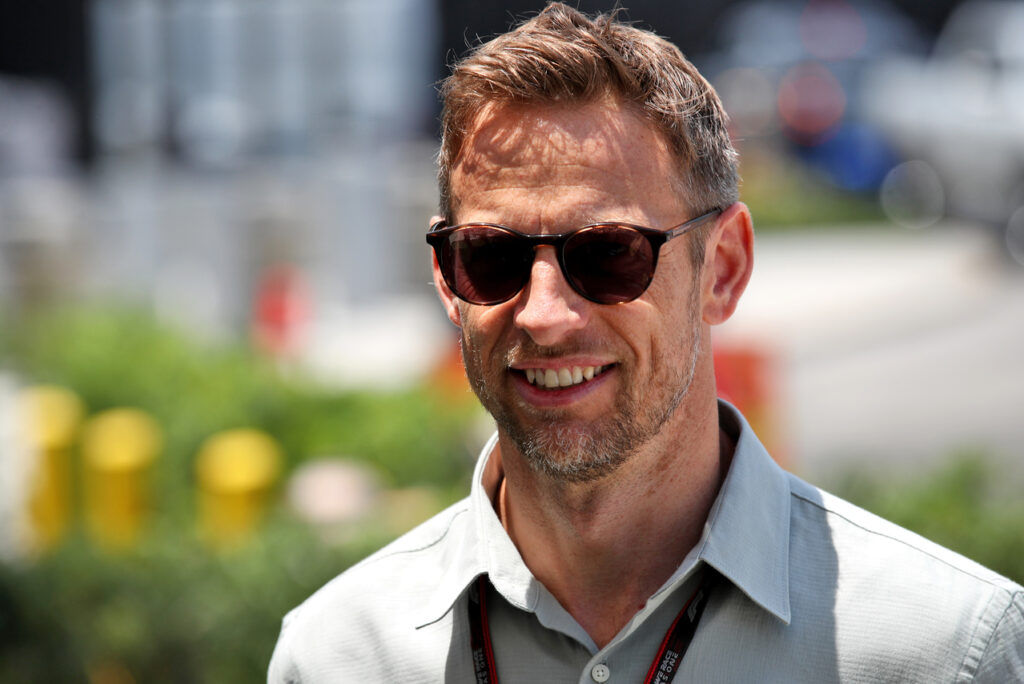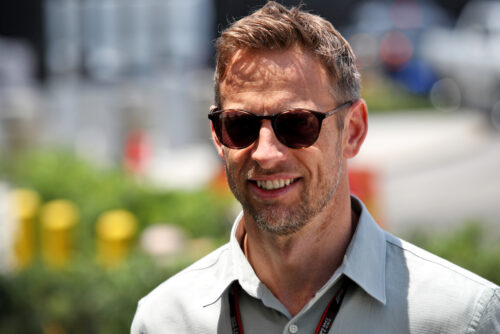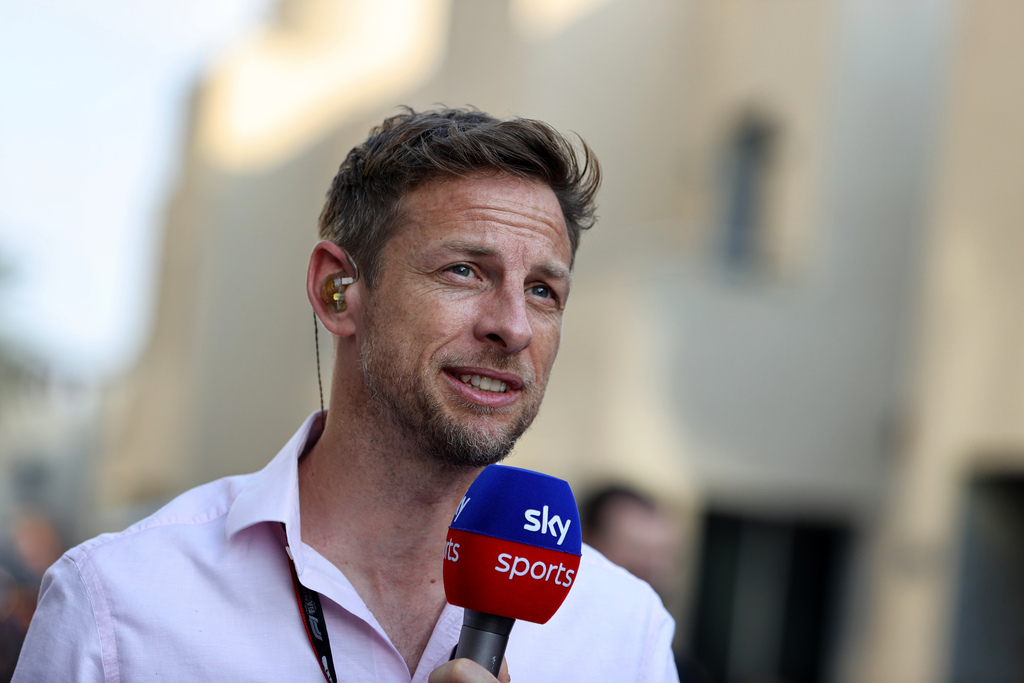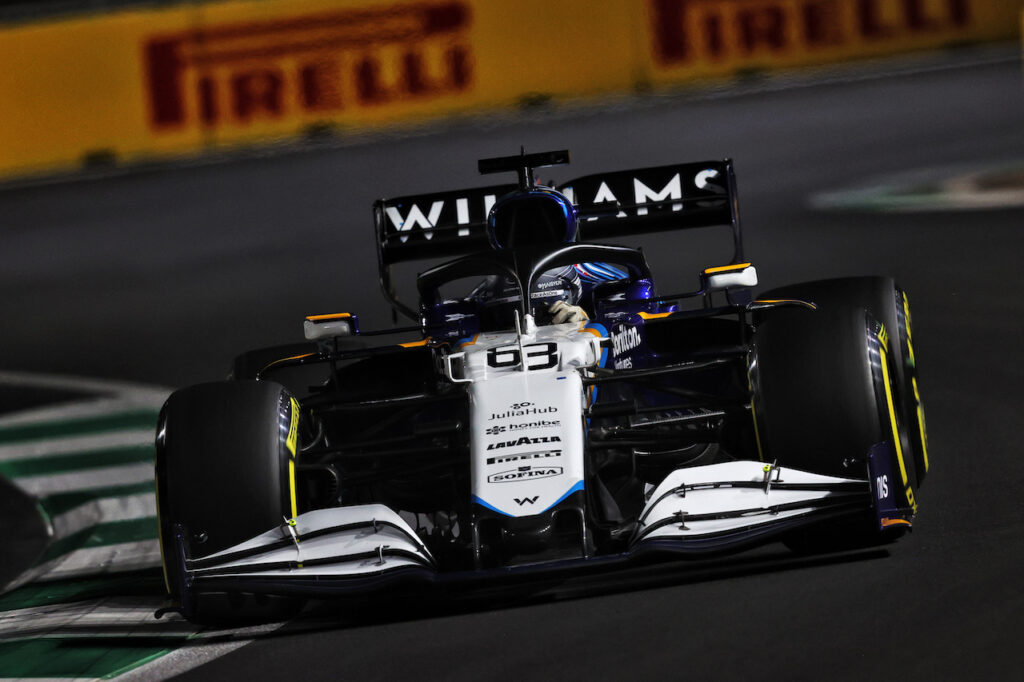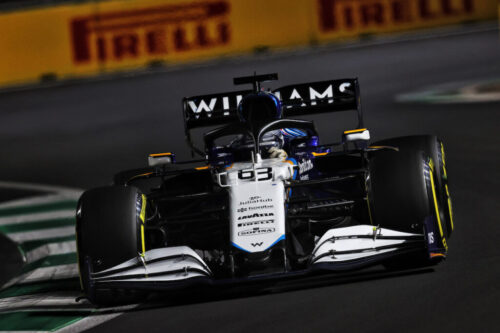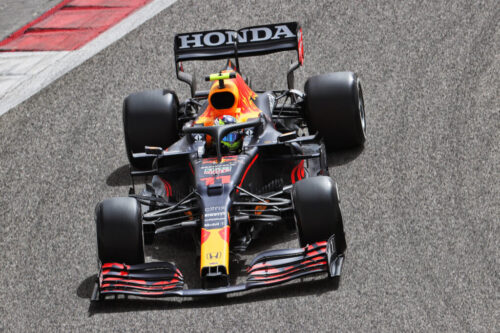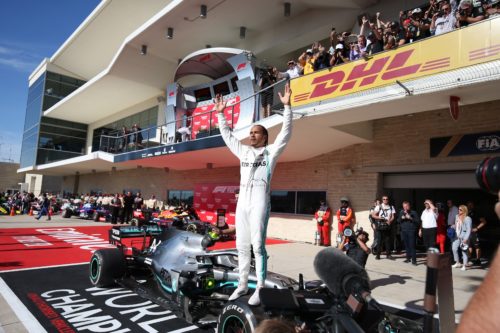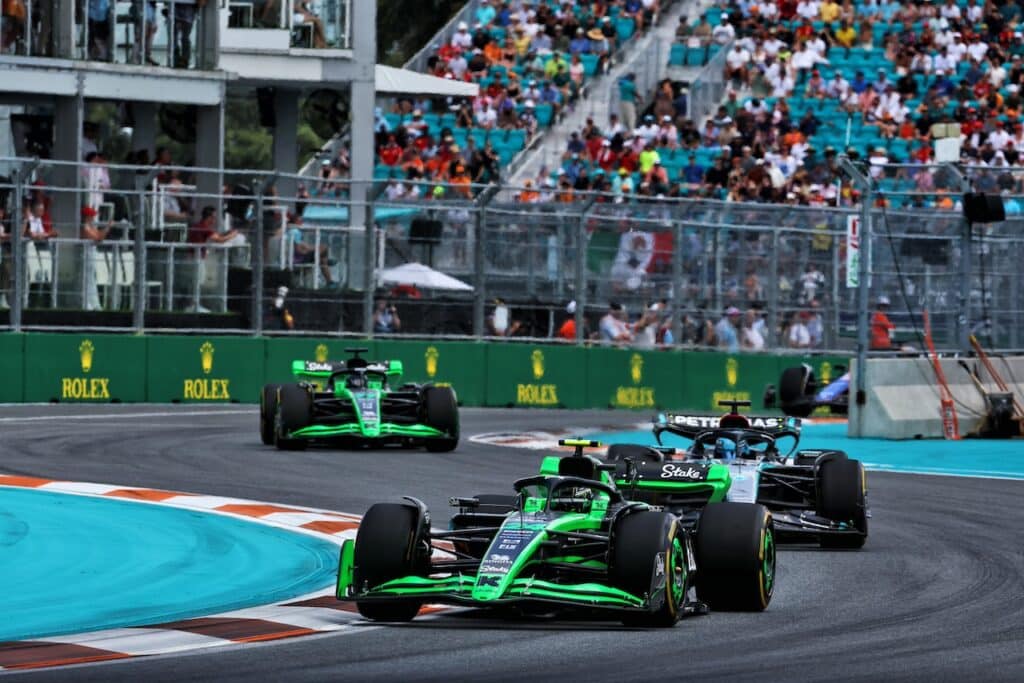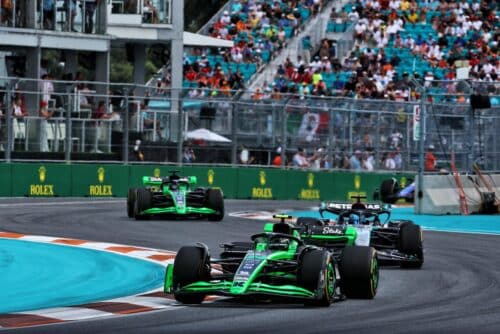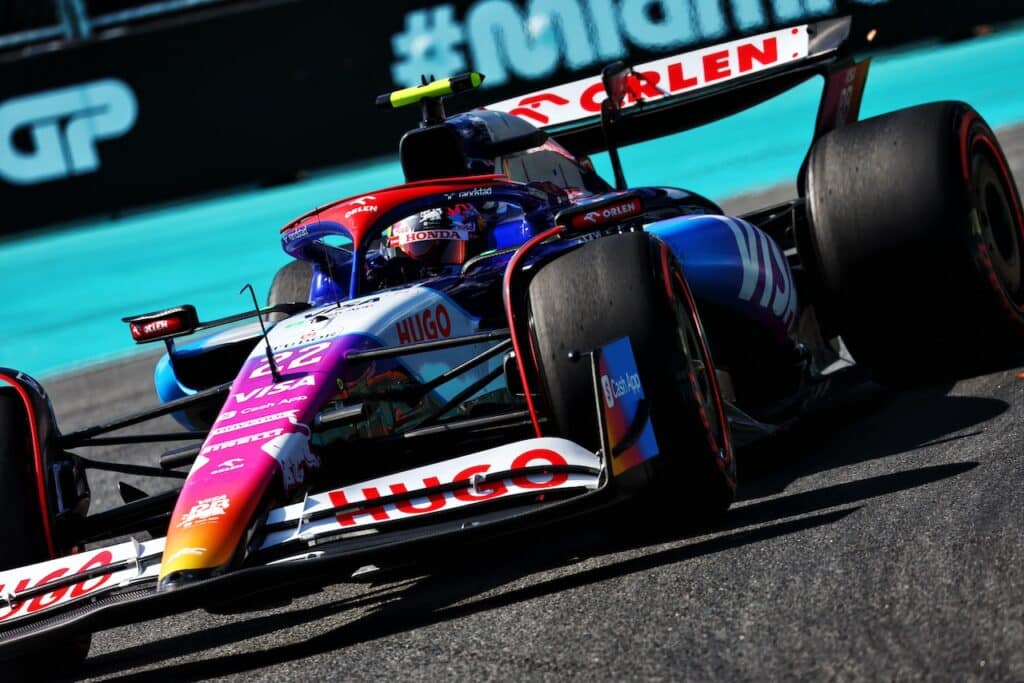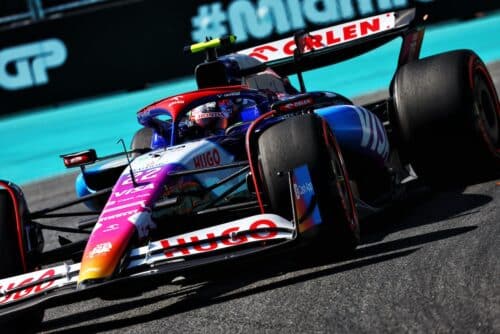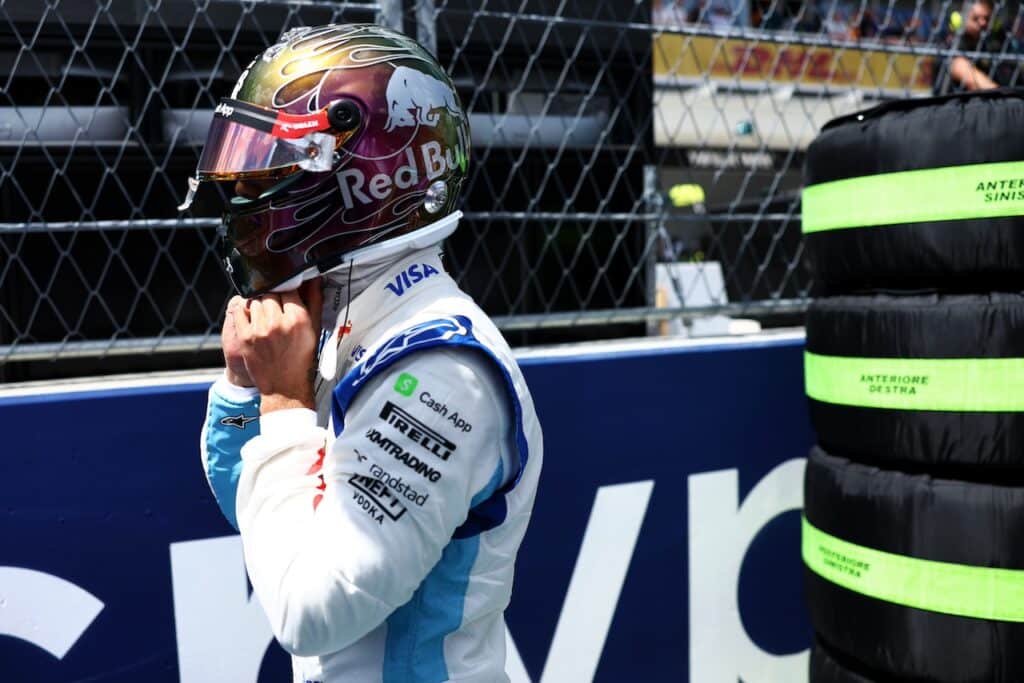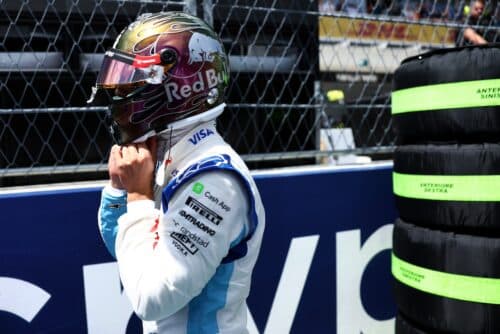Supercars and the tale of the undeserved World Cup
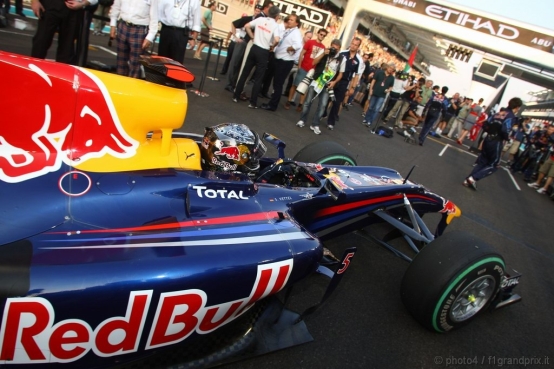
The 2010 World Championship, won by Sebastian Vettel, has reopened the discussion on a cliché that often affects those who take home the Drivers' Title.
In fact, it is easy to fall into the classic phrase "He won the World Cup because he had a missile under his feet". His phrase sounds a bit like an apology and also hides a hint of envy.
This year too, like 2009 and many others, seems to be characterized by the tendency to assign the merits of the victory exclusively to the mechanical vehicle, disqualifying the driver to the role of simple taxi driver.
It turns out that Vettel didn't deserve the 2010 World Championship, Button would have dreamed of the 2009 one without the farce speaker, Michael Schumacher would even be living under the bridge without the stratospheric Ferrari and would perhaps have the same number of titles as Senna. Who in turn, without the Mclaren winner of 15 out of 16 races in 1988, would not have won the championship against Alain Prost. Yes, the same Alain Prost who in 1993, without the unbeatable Williams, would hardly have brought home his fourth drivers' title. Williams unbeatable? The one with which Mansell mauled the competition in 1992 or the one which, in 1996, allowed Damon Hill to narrowly win his only World Championship against the debutant Jacques Villeneuve?
Is it a vicious circle? What are we actually talking about?
Ayrton Senna said he wanted the best possible car on the market to win. However, he dreamed for years of being able to get to Williams, only to then tragically disappear.
If we analyzed all the World Championships won with a single-seater considered superior from the 50s to today, we would have to remove perhaps 2/3 of the titles won thus, "illegitimately", for some.
Are we sure that the cars and not the drivers are unbeatable over the years? Who can give absolute certainty that the same car is still unapproachable even in the hands of others?
If, as they say, a car is unbeatable, this should imply that the so-called "second driver" also collects enough points to be able to keep up with his teammate during the championship. An unbeatable single-seater should correspond to a ranking that clearly shows the superiority of the vehicle also in terms of the second driver.
And, even if this clear superiority were established, what should the pilots do? Feeling ashamed, asking for worn tires, sabotaging yourself so as not to humiliate your opponents? Come on...
We therefore decided, taking into consideration the last two decades, to take a look at the World Rankings in the years defined as "falsified", to actually see and thanks to the support of the numbers how events followed one another.
The Stellar Ferrari
Let's start by dispelling a myth: to say that Ferrari was stellar from 2000 to 2004 means not having witnessed those 5 years. Because talking about dominance regarding the 2000 (World Championship victory in Suzuka, penultimate race) and 2003 (Suzuka again, last race) seasons makes no sense. Even in 2003 Maranello risked losing the Championship with Schumacher with 6 victories against Raikkonen with only one, thanks to the innovative new score made in Bernilandia with only 2 points gap between first and second place.
However, the data for these two years reads as follows:
- 2000: Schumacher wins with 108 points over Hakkinen, with 89. Barrichello finishes 4th with 62, behind Coulthard. 4 retirements for both Ferraristi. The old 10/6/4/3/2/1 score was still in effect
- 2003: Schumacher wins with 93 points over Raikkonen, with 91. Barrichello is still 4th with 65, behind Montoya. One retirement for Schumacher, 5 for Barrichello. This is the first year of the 10/8/6/5/4/3/2/1 rating
Now let's move on to the more "incriminable" years:
- 2001: Schumacher wins with 123 points ahead of…Coulthard, with 65. Barrichello? He finishes behind the Scotsman, on 56 points. Two retirements for Schumi, four for Coulthard, three for Barrichello, who almost risks being overtaken even by Ralf Schumacher (49 points)
- 2002: Schumacher wins the World Championship at Magny Cours, wins with 144 points, almost overtaking Barrichello, who stops at 77 with five races with 0 points and no retirement for the German. Montoya comes third with 50 points and three retirements.
- 2004: Schumacher wins his last world championship with 148 points against Barrichello's 114. Third is Jenson Button with 85. One retirement each for Schumacher and Barrichello, three for Button.
Now: the data is objective and not very questionable.
In 2001 Ferrari made the difference, but Schumacher also made it. Because otherwise we don't understand how Barrichello could have collected less than half of the German's points.
As regards the 2002 and 2004 seasons, however, we can safely say that the Ferrari was largely the superior car, also in relation to Barrichello's performances. But let's go back to the question from the beginning: what should Michael and Rubens have done? Faking problems, throwing yourself against walls? Ferrari's technical superiority was legitimate and deserved, given that it was still the testing years. The Scuderia was superior thanks to his work, and Schumacher is the driver of the two who deservedly benefited from that work.
The 90s and Williams-Renault
Three seasons that we will take into consideration: 1992, 1993, 1996.
- 1992: English Lion Nigel Mansell dominates the championship over teammate Riccardo Patrese. In 16 races he collected 9 victories, 3 second places and 4 retirements. He finishes with 108 points against his teammate's 56. In third place was Michael Schumacher in his first full season. Fourth will be Ayrton Senna, reigning world champion in crisis with his Mclaren, but still capable of achieving 3 victories (Monte Carlo, Budapest and Monza). Patrese, on the other hand, only achieved one success, in Japan.
- 1993: Alain Prost returns to F1 after a sabbatical following his divorce with Ferrari. He inherits the Williams-Renault from Mansell and his roadmap is similar to that of the Englishman. The World Championship is kept afloat by what is probably Ayrton Senna's best season in terms of intensity. The Brazilian, with an objectively inferior car, shows off some astonishing performances. La Perla is the European GP race at Donington Park. The Frenchman's Williams, however, is a step higher and this allows an excellent Alain to obtain the fourth and final title of his career. Prost finishes with 99 points, followed by Senna with 73 and teammate Damon Hill with 69.
- 1996: Michael Schumacher's move to a Ferrari under reconstruction paves the way for the pairing of Frank Williams and his single-seater. Williams-Renault is undoubtedly the best of the lot, and the chase for the world championship is restricted solely to Damon Hill and the debutant Jacques Villeneuve. Excluding Olivier Panis's daring victory in Monte Carlo (continuous race and elimination), only the German from Ferrari broke the English dominance, taking three victories. Hill and Villeneuve fought for the World Cup until the epilogue in Japan, where the Canadian's withdrawal gave his teammate his first and only title. Damon finishes with 97 points against Jacques' 78. Schumacher comes third with 59.
Mclaren takes it all
The end of the 80s saw the dominance of Mclaren with the Senna-Prost duo in the 1988-1989 seasons
- 1988: Mclaren wins 15 races out of 16, and the title is a question that concerns only its two standard bearers, Ayrton Senna and Alain Prost. The Brazilian will prevail, thus winning his first world title. The only race not won by Ron Dennis' team was Monza with Gerhard Berger's victory with the Red. Almost a sign of destiny shortly after the death of the great Enzo Ferrari. Senna finishes with 90 points, Prost with 87. Berger, third, with 41. We are in the era of the 9/6/4/3/2/1 score.
- 1989: Mclaren wins fewer races than the previous year (10 out of 16) but the story does not change. It's always Senna and Prost who fight for the title. This time, the French will come out on top with the much-discussed Suzuka clash. However, Ayrton will make up for it the following year, with interest. Prost finishes with 76 points, Senna with 60. Patrese is third with 40, but without any victory.
Considerations
As we have seen, and as the memory of those who lived through these seasons (and previous ones) can confirm, it is physiological that there is a single-seater to beat. Any championship sees a car that is superior, a little or a lot, compared to the others. It's a bit the law of this sport. Those who work better in winter or those who manage to take advantage of the "holes" in the regulations (see Brawn 2009) can take advantage of superior technical material. Given this for certain, it is still the drivers who get into the car. And it is up to them, in any case, to take advantage of this technical material.
Jenson Button's 2009 world championship is considered by most to be a stroke of luck. The Brawn diffuser, in the first part of the season, undeniably benefited Ross Brawn's car. But are we so sure that, without Button and with Barrichello as first driver, the drivers' championship would have been won anyway? Maybe we were at the end of last season, but in 2010 Button has shown that he is not much less than Lewis Hamilton. And that, therefore, he also put a lot of himself into winning his title.
Schumacher won 5 World Championships thanks to Ferrari? Good, but the opposite is also true. Because Ferrari hadn't seen the World Championship for 21 years. And it was thanks to the development work of the German (and of Brawn, Todt and Byrne) that the Cavallino returned to the top. Who can assure us that without Schumacher the World Championship would still have returned to Maranello?
In 2010 we saw it with Webber. Red Bull perhaps would not have taken home the drivers' title, despite the excessive technical power demonstrated (even if with a few too many flaws in terms of reliability). Yet Vettel is labeled as the lucky one, despite the past years having demonstrated the German's class on several occasions. That he is certainly not immune to mistakes, but given his young age he has plenty of time to improve.
In conclusion
The same goes for all previous titles, and will always apply in the future.
Starting from the assumption that the World Championship cannot be won (anymore, perhaps) without a car that allows it, having the best single-seater is certainly an advantage. On the other hand, however, this advantage must be exploited, and to make this happen it is not enough to have a simple taxi driver on the team.
Alessandro Secchi – F1Grandprix
if you want to always be updated on our news
Follow us here
